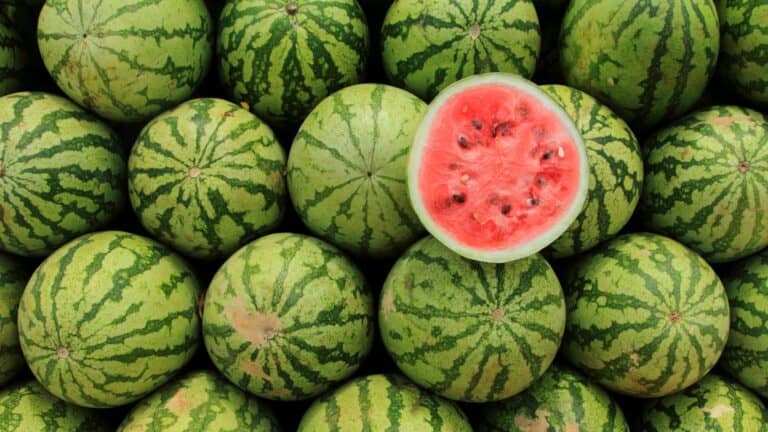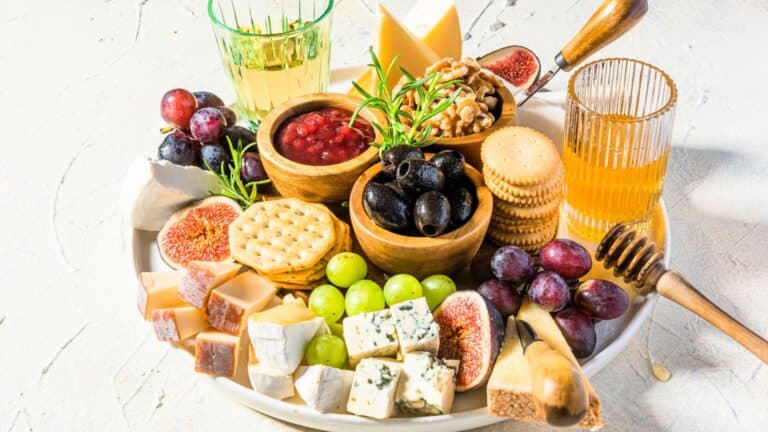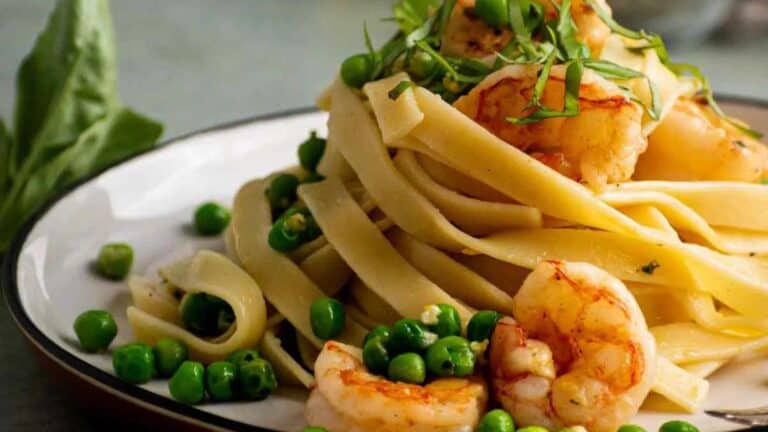What Do We Know About The Popular Quinoa
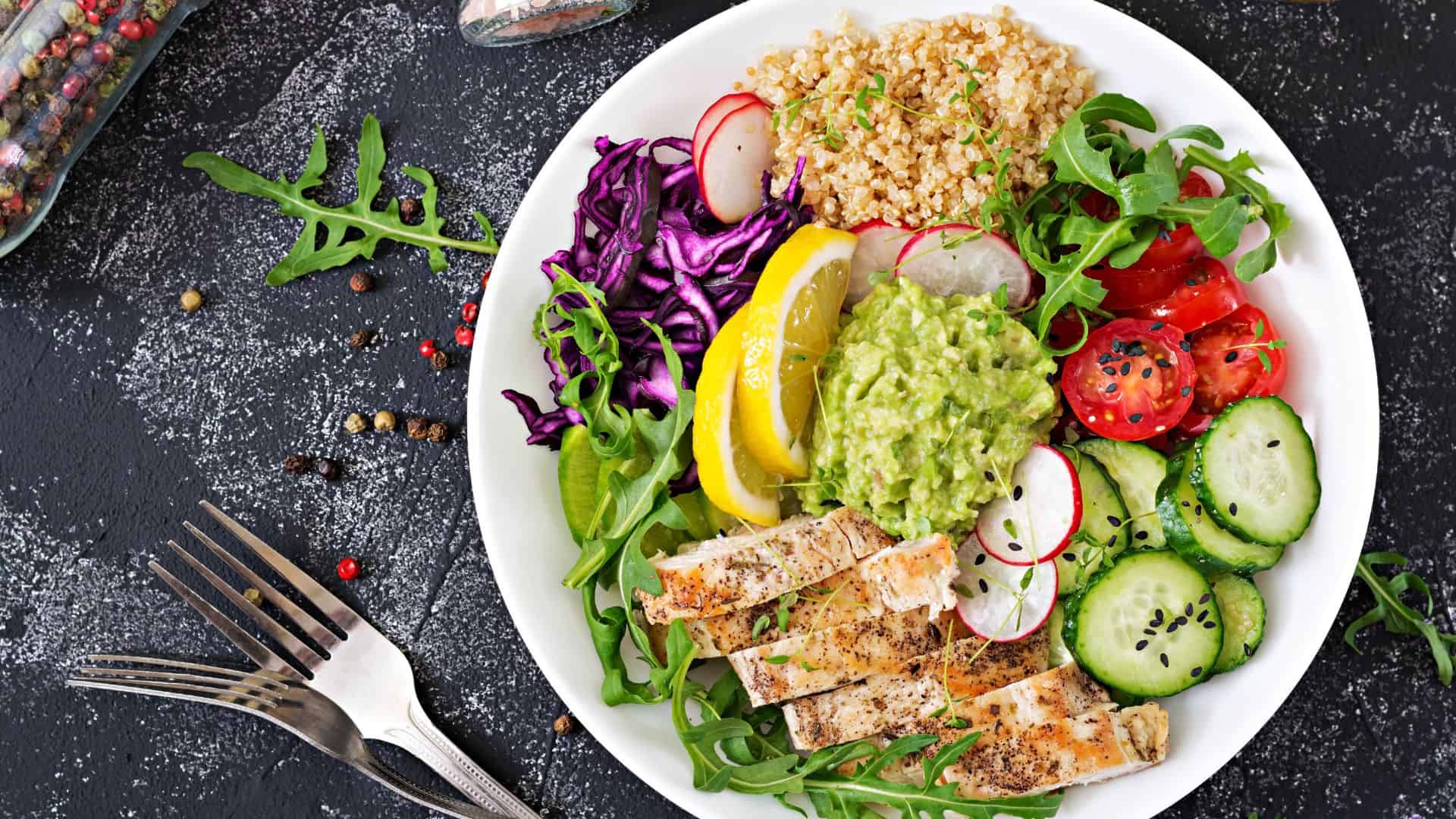
You have probably heard a lot about quinoa and how it is such a healthy grain. This tiny, protein-packed grain has been touted as a superfood, appearing in everything from salads to breakfast bowls. But does it live up to its reputation? We’ll explore the health benefits, versatility, and taste to see if quinoa deserves a spot in your pantry. Get ready to uncover whether this trendy grain is a must-have or just another passing food fad.
Quinoa has an impressive nutritional profile. It is rich in essential nutrients such as fiber, protein, vitamins, and minerals. With 8 grams of protein in a cooked cup, this nutrient density supports your overall health and can contribute to a balanced diet. It is much higher in nutrients than a lot of other basic grains out there making it a healthy choice.
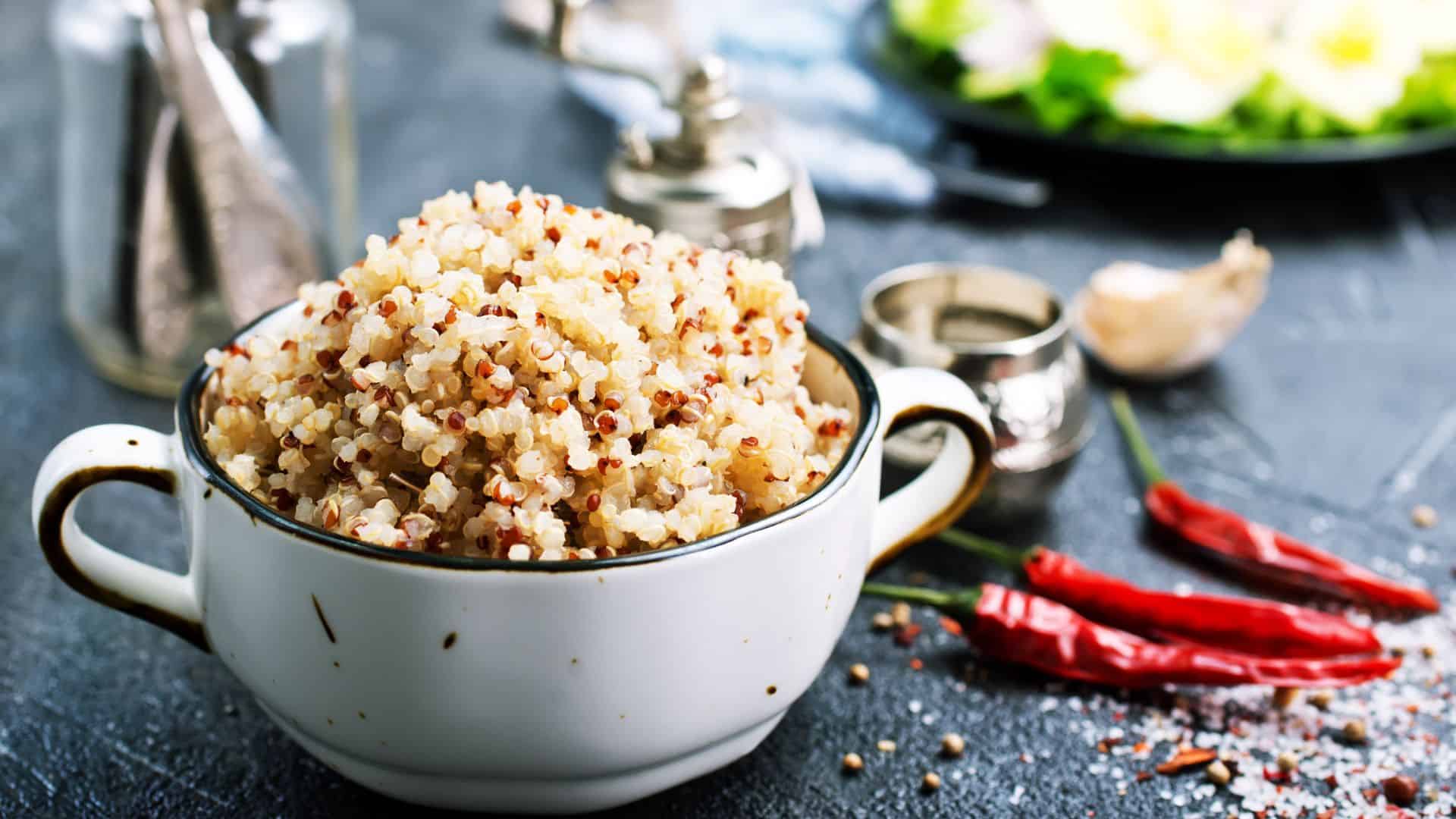
Quinoa stands out among plant-based foods because it has all the essential amino acids that the body cannot produce independently. It’s a great choice if you otherwise struggle to get sufficient protein in your diet. This is especially important for vegetarians and vegans who need to find plant-based sources of proteins that fit into their diet. Everyone can enjoy this healthy, little, powerhouse grain!
Quinoa is a popular gluten-free grain alternative. It can be used in some recipes instead of wheat, barley, or rye, providing a safe (but still nutritious) option if you’re avoiding gluten and still looking for nutritional value. It is also great for people with Celiac disease who cannot digest gluten. Plus, it is still just as filling as a carb-loaded bowl of pasta, but just without the gluten!
Quinoa is loaded with antioxidants, which help protect your body from oxidative stress and inflammation. Studies have shown that antioxidants such as quercetin and kaempferol, found in quinoa, have antifungal, anti-aging, and antiviral effects. That is a lot of benefits packed into one little grain! It is a great ingredient to add to your diet to help boost your immune system and stay healthy all year long.
Regular consumption of quinoa can contribute to better digestive health and overall well-being. Its high fiber content helps your body break down food better. Fiber also feeds the good bacteria in your gut, supporting a healthy microbiome. Quinoa will keep your gut health in check and ensure your system functions properly.
Quinoa is sustainable and can grow in harsh conditions where other grains might be unable to. It requires less water than many traditional crops and can thrive in poor soil quality. Choosing quinoa supports sustainable agricultural practices. Plus, crops that are easier to grow tend to be less expensive which means the price of quinoa may be lower than other grains.
Quinoa has a low glycemic index, which causes only a slight increase in blood sugar levels. This characteristic makes it ideal for you or a loved one if you want to control blood sugar levels and incorporate antioxidants into your diet. People who suffer from diabetes may be able to enjoy quinoa often without blood sugar issues. It will also not cause a spike in your blood sugar or a sharp crash afterward.
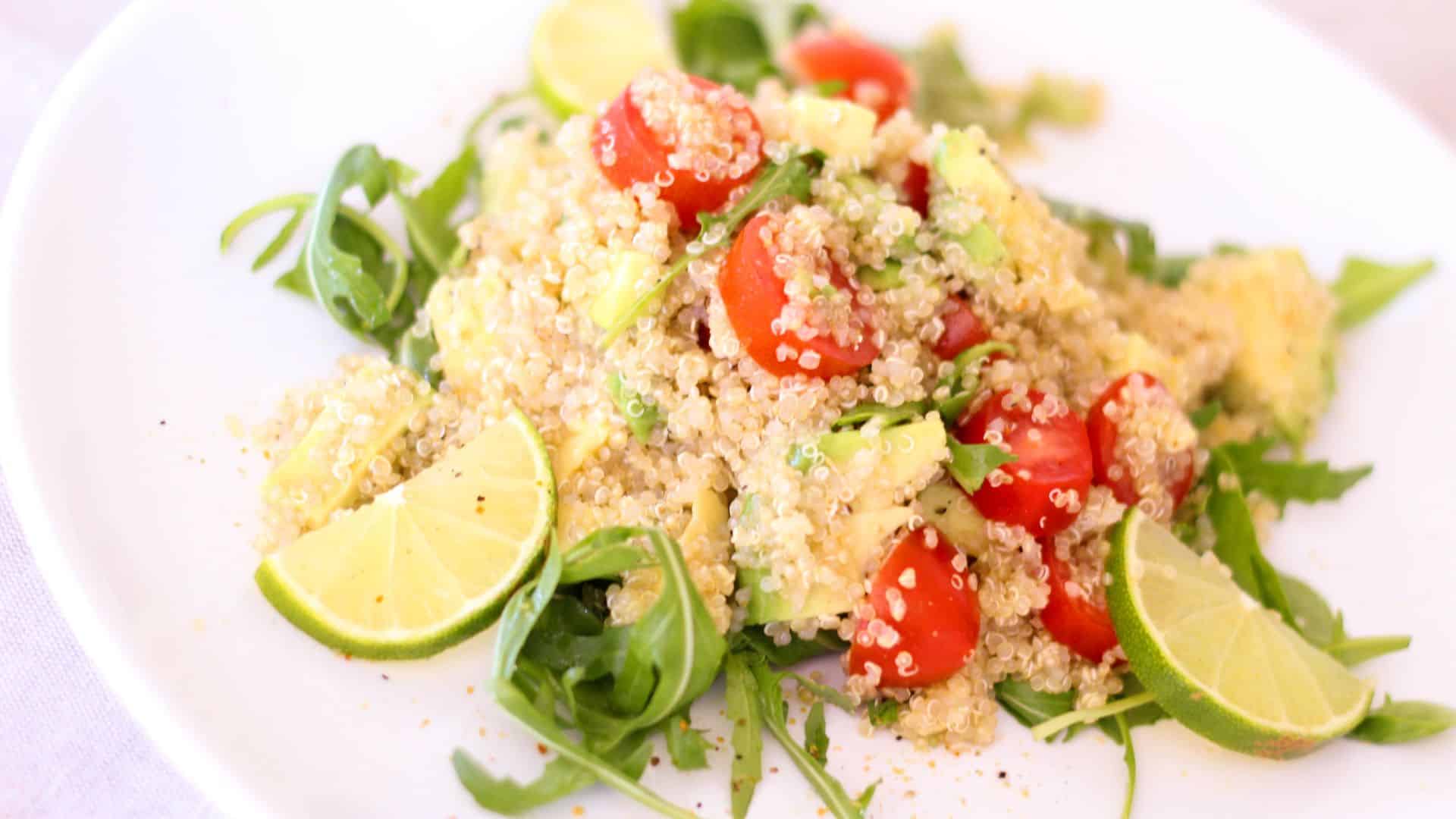
One of quinoa’s greatest strengths is its versatility. You can use it in various dishes, from breakfast to salads and desserts. Quinoa can be cooked similarly to rice, used as a base for bowls, or incorporated into baked goods. You can even enjoy a bowl at breakfast in place of oatmeal! Make it sweet or savory, quinoa is great either way!
Quinoa is incredibly easy to prepare, making it a convenient addition to any meal. It cooks quickly, typically in about 15 minutes, and can be made in large batches for meal prep. It’s an easy choice if you want to add a convenient and nutritious staple to your diet. Make a big bowl of quinoa at the beginning of the week then store it in your fridge. You can add it to meals or eat it as its own meal all week long!
Quinoa contains magnesium, iron, and zinc, which are imperative for nerve function, blood transportation, and other important bodily functions. Eating quinoa is a great way to get the minerals that might be missing in your diet. Mix some fresh chopped veggies into your quinoa for even more vitamins and minerals! It is so easy to make a completely healthy meal using quinoa.
We’ve already discussed how quinoa is packed with protein, which helps you feel full longer. Including quinoa in your meals can help with weight loss and management efforts by keeping you fuller and reducing calories. One nice bowl of quinoa will keep you feeling full for hours. You won’t be tempted to eat snacks or junk food between meals when your belly is still full of quinoa!
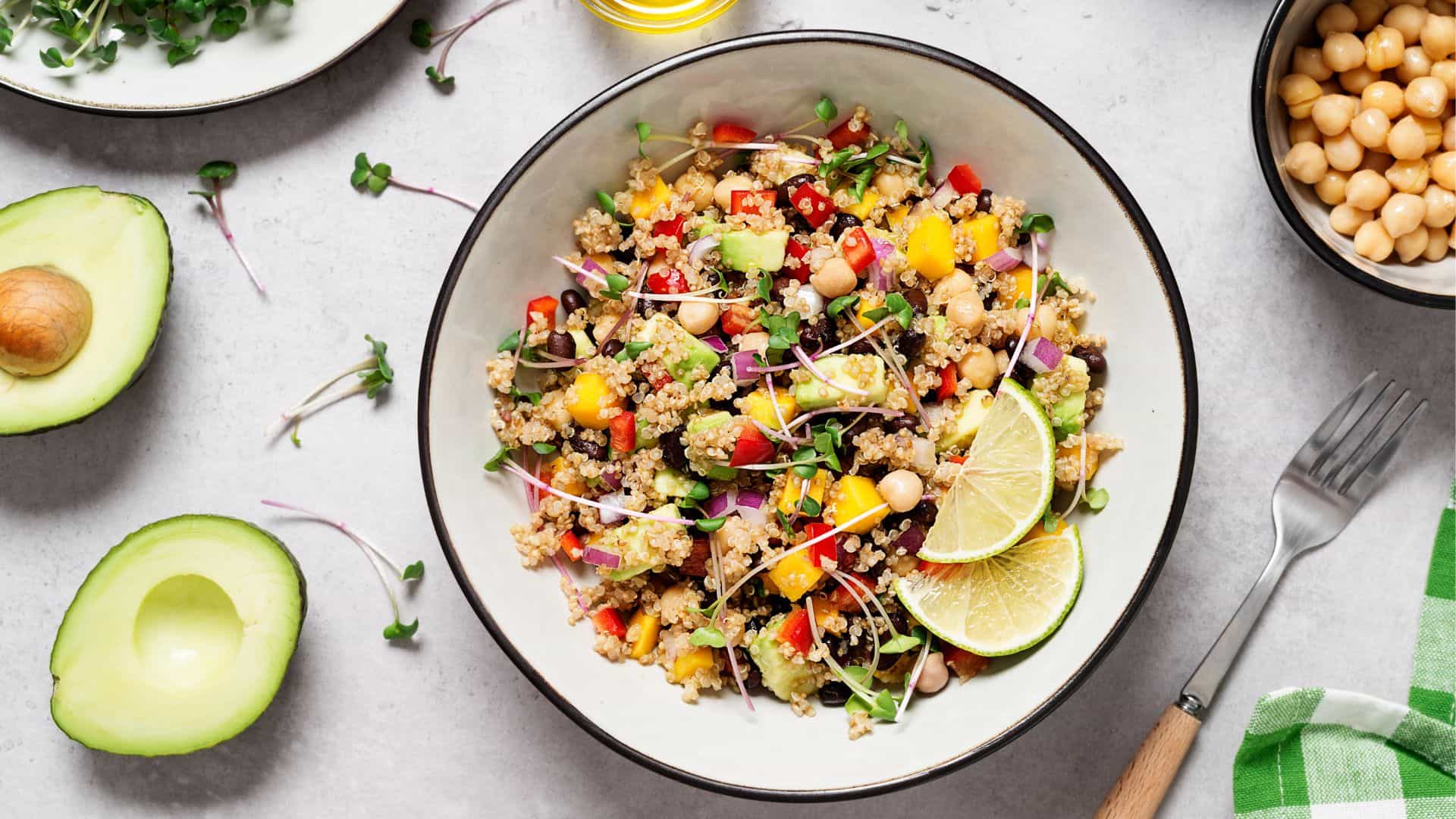
By incorporating quinoa into your diet, you’re also supporting traditional agricultural practices and honoring the heritage of the regions where it has been cultivated for centuries. Quinoa has grown in South America for thousands of years, where it’s been a staple food. Enjoying this classic food will help continue the tradition and even increase its popularity. Embracing different food cultures is essential!

